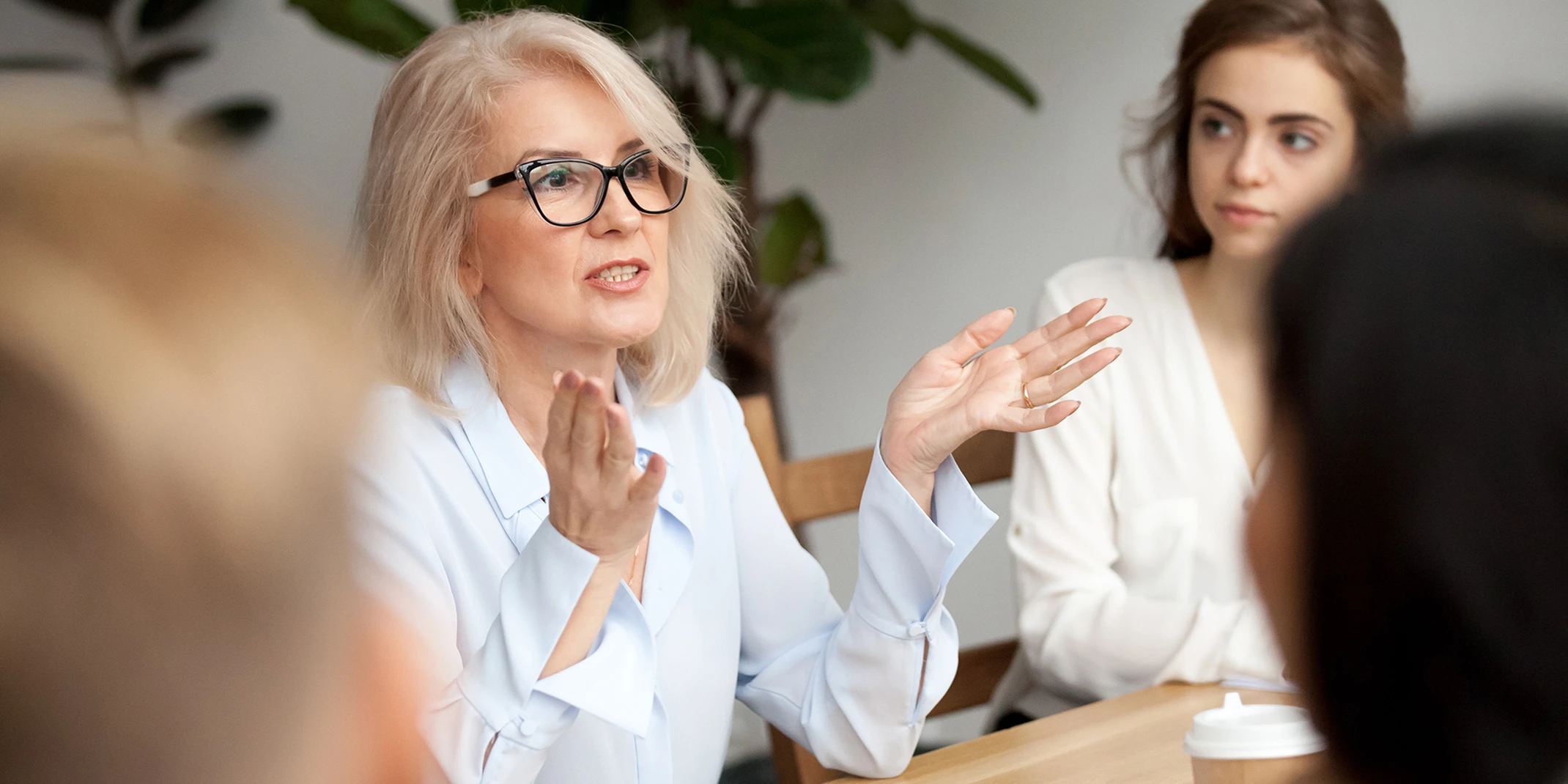Listening to librarians: insights from the Library Connect lunch at UKSG Glasgow
27 de junho de 2023
Por Library Connect

Librarians discuss their roles in combatting misinformation and supporting their researchers.
Recently Library Connect hosted a lunchtime discussion on the role librarians can play in advancing research confidence at the annual UKSG conference abre em uma nova guia/janela in Glasgow, Scotland. The focus for the lunch was to provide a venue for librarians to meet senior relationship managers for Librarian services and to present and discuss findings from a recent report, “Confidence in Research abre em uma nova guia/janela.” The report resulted from a research collaboration between Economist Impact and Elsevier to study current issues facing researchers everywhere in a time of misinformation and difficulty communicating about research for public understanding.
Twenty librarians from various universities in Europe enjoyed a lunch of assorted tapas dishes while Charlotte Wien, Vice President of European Library Relations, presented the findings and opened the floor for a lively discussion.
The presentation highlighted the challenges emerging for researchers, including information overload, adapting to public-facing roles, needing support for improving how they communicate their research findings, and guidance for handling social media. This might impact or present opportunities for libraries in three ways:
Providing communication training for researchers, especially around the use of social media
Making quality peer-reviewed content easier to access
Teaching information literacy

Attendees were invited to speak about their perspectives on what they saw as the biggest issues around misinformation and communication that librarians and researchers face as well as what opportunities they saw for libraries to work with researchers to enhance the communication of solid scientific knowledge.
Librarians from different countries have different experiences, so while there was some agreement about the issues, there were also differences in approach. A handful of libraries are involved in training researchers on science communications and responsible use of social media. Some are partnering with university research offices to co-create communications for social media channels. Others don’t see this as their role, and some see difficulty where the line between research support and library support is blurring.
A few librarians report spending the majority of their time explaining what credible sources are and how to check for bias. Others noted that they are more often approached by researchers directly to acquire new resources for the library, rather than by faculty heads, and there is often misunderstanding about how long the process of vetting new materials can be.
The discussion turned lively around the topic of how open science relates to credibility, with debate over the processes for reliability via the established model of peer-reviewed journals versus pre-prints where anyone can review.
Librarians expressed appreciation for the session as a platform to exchange ideas among peers, and where their perspective could be heard, with one attendee sharing that he felt for the first time that “Elsevier is listening to librarians.” The Library Connect team was equally enthusiastic to hear from librarians on the ground. As Charlotte reports, “we had such an inspirational event, and I believe that inspiration went both ways.” One library director said that facilitating these kinds of discussions provides a useful venue for librarians to learn from each other—and is one of the more important ways that Elsevier can support librarians in their work.
Library Connect organized a similar event during the 2022 Charleston Library Conference for our librarian ambassadors, where the discussion generated similar insights and shared experiences.
These conference conversations are part of how we’re learning from librarians, so we can better empower and support them as information literacy and research communication champions at their institutions.
